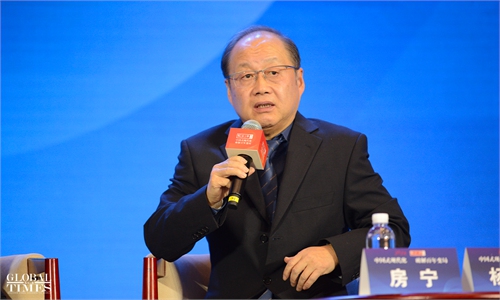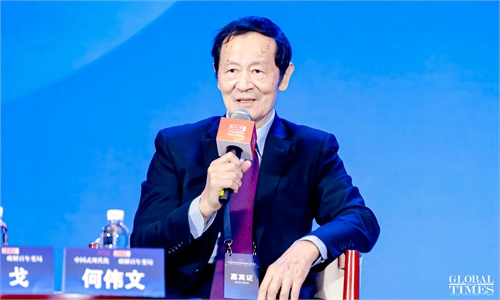Chinese modernization has global significance; a new path of modernization for non-Western countries if achieved: experts at GT annual conference
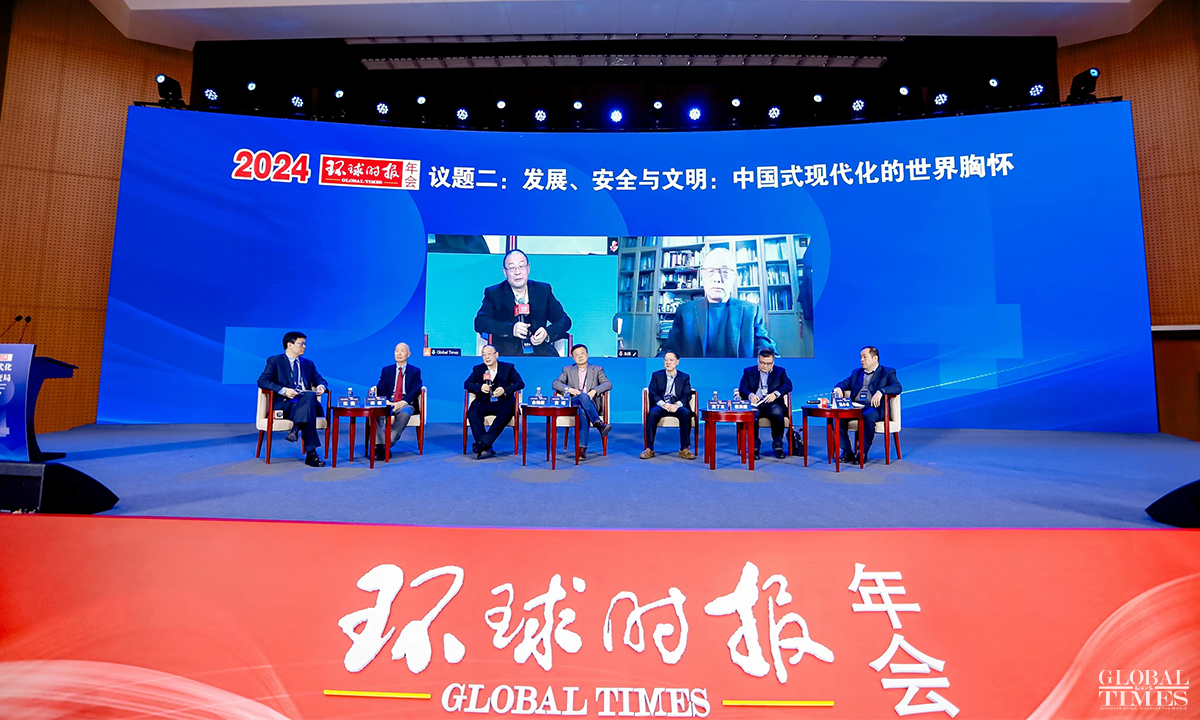
The 2024 Global Times Annual Conference. Photo: GT
Chinese modernization itself has global significance because only by achieving Chinese modernization can a new path for modernization be created for non-Western countries, Jin Canrong, associate dean of the School of International Studies at the Renmin University of China, said on Saturday when addressing the 2024 Global Times Annual Conference.
Jin stated that modernization began in the West, and even after more than 300 years of industrialization, the success rate of modernization for non-Western countries remains low. He said that out of the current global population of nearly 8 billion, only about 1 billion people have truly achieved modernization, which mainly refers to the 1 billion people in Europe and the US. This means that seven eighths of the global population have not realized modernization.
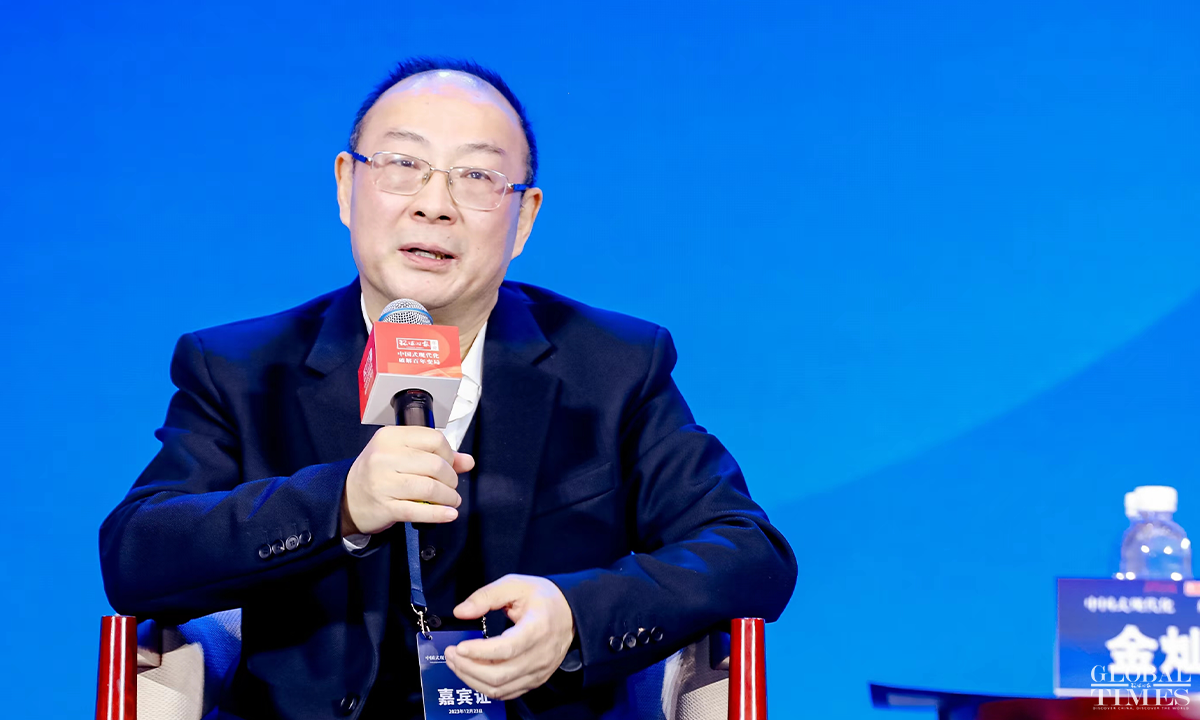
Jin Canrong, associate dean of the School of International Studies at the Renmin University of China. Photo:GT
Jin said that he studies development economics, and [understands that] all Western development theories prevent developing countries from developing. Once developed countries have climbed the ladder of industrialization, they won't let you develop.
"The hope now lies in China, but this statement cannot be absolute. There are a few non-Western countries and regions that have squeezed into modernization, such as Japan and the 'Four Asian Tigers', but there are costs to squeezing in," Jin said.
Japan and South Korea, one country of the "Four Asian Tigers," are "semi-colonies" of the US, strategically subordinate to the US, and in terms of economic division of labor, they undertake the work that Europe and America are unwilling to do. Therefore, Jin believes that China can only follow the path of Chinese modernization. If China succeeds, there will be hope for other non-Western people.
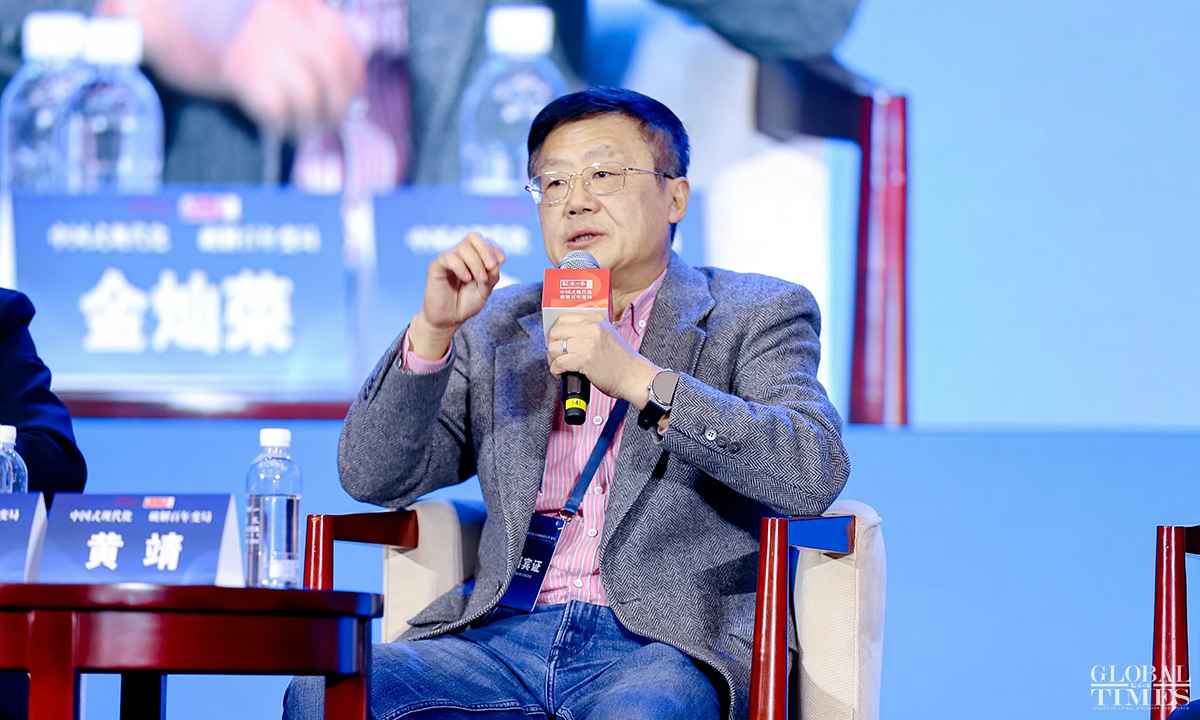
Huang Jing, professor at Shanghai International Studies University. Photo:GT
Another expert, Huang Jing, professor at Shanghai International Studies University said at the 2024 Global Times Annual Conference that the relationship between countries in international diplomacy is largely defined by the relationship between China and the US, as China-US relationship has a decisive impact on the global landscape.
Huang noted that the US' rise on the international stage has gone through three major competitions: the first with Hitler's fascism -- a struggle for survival; the second with the Soviet Union-- a competition of victory or defeat; and now, the third competition with China, which Huang sees as a struggle of strength and weakness.
In this competition with China, the US has invested the most effort, endured the most hardship, and paid the highest price in the economic field, Huang pointed out.
The concept of "de-globalization" is essentially "de-Sinicization," and the idea of "small yard and high fence" is actually "precise decoupling." However, China's rise as a peaceful force has resulted in its integration with the rest of the world, with close economic ties with Europe and the US. The US, driven by Cold War mentality, wants to engage in a fundamentally confrontational "zero-sum game" with China, but the essence of economic and trade relations is positive-sum competition, Huang stressed. Therefore, the US faces a dilemma, he said.
What we see now is not just the rise of China, but the rise of the Global South led by China, he noted.
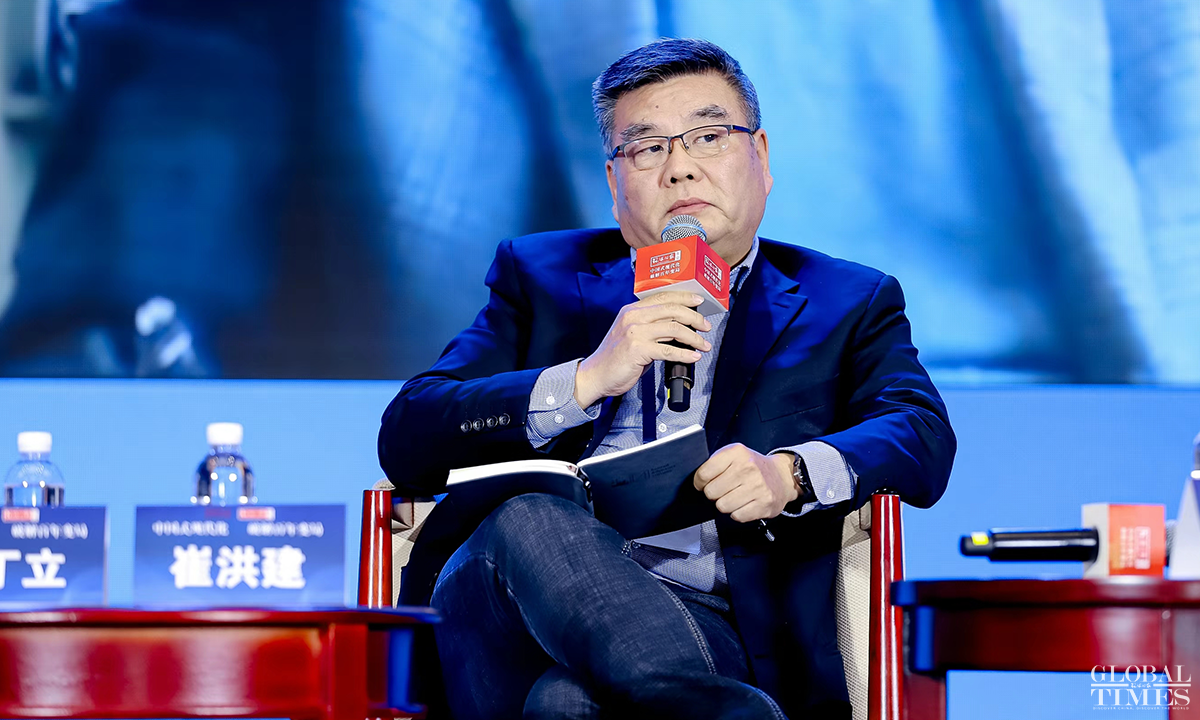
Cui Hongjian, professor of Academy of Regional and Global Governance at Beijing Foreign Studies University
Cui Hongjian, professor of Academy of Regional and Global Governance at Beijing Foreign Studies University, also stated at the Saturday's annual conference that the concept of Chinese modernization is not an answer or a conclusion, but rather the beginning of a new journey for exploration.
"Our focus should not only be on major powers. It is not as simple as saying that if China's external environment improves right away, and Chinese modernization will immediately proceed smoothly, once China-US relations get better. I disagree with such a simplistic interpretation," Cui said.
Jin stated that for China, currently internal and external challenges simultaneously exist. He believes that internal challenges, such as the economy and population issues, should be addressed first, while external challenges such as the competition with the US can be dealt with later. Jin concluded by saying that if Chinese modernization is achieved, it will provide a path for non-Western people to follow, which is remarkable. However, this path will not be smooth, but that China would certainly be able to handle it.
